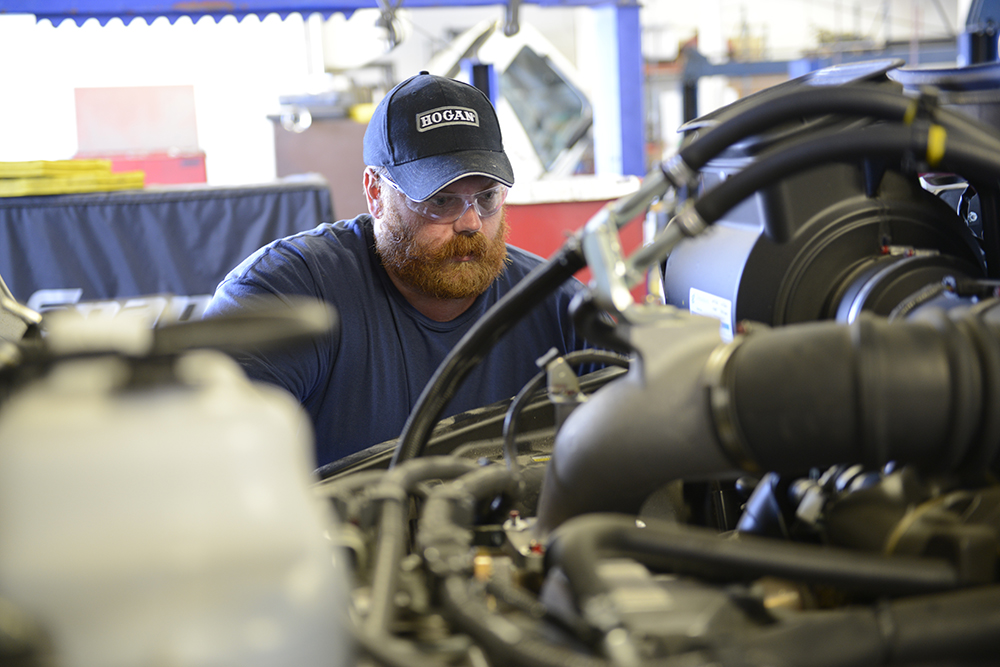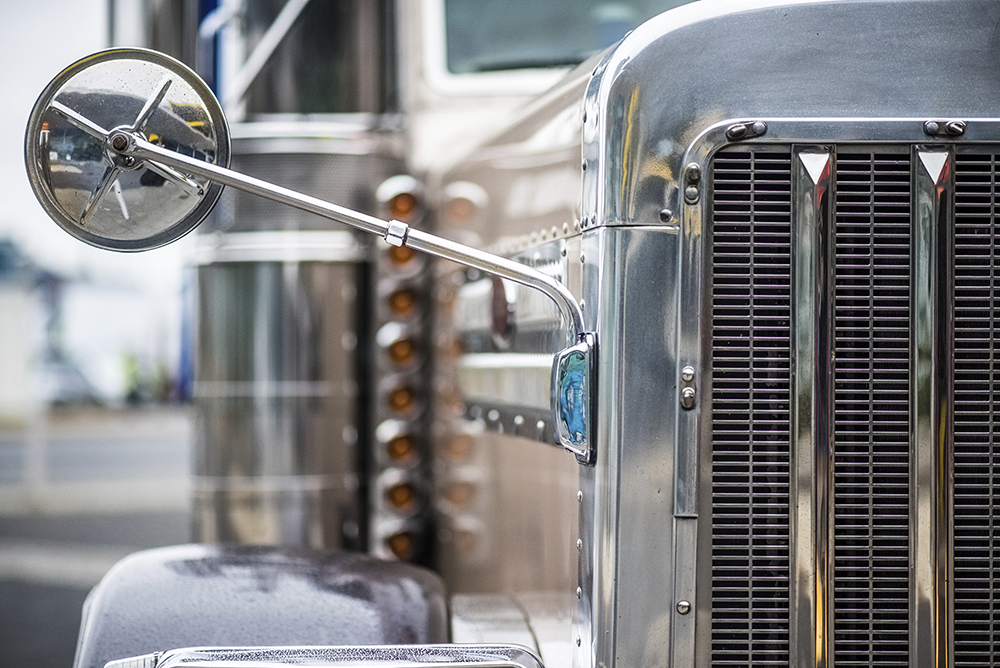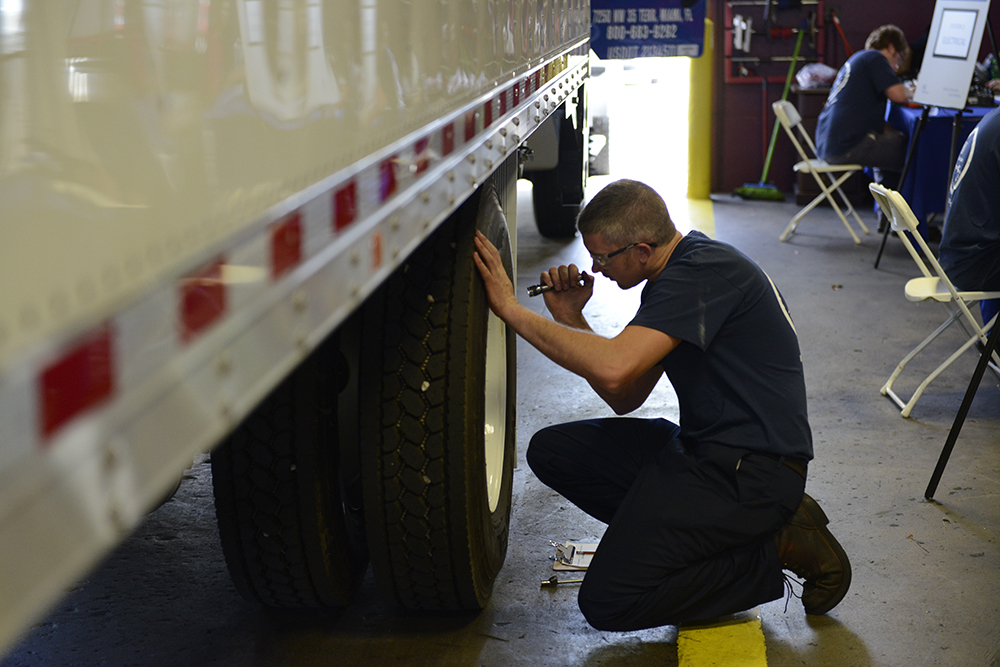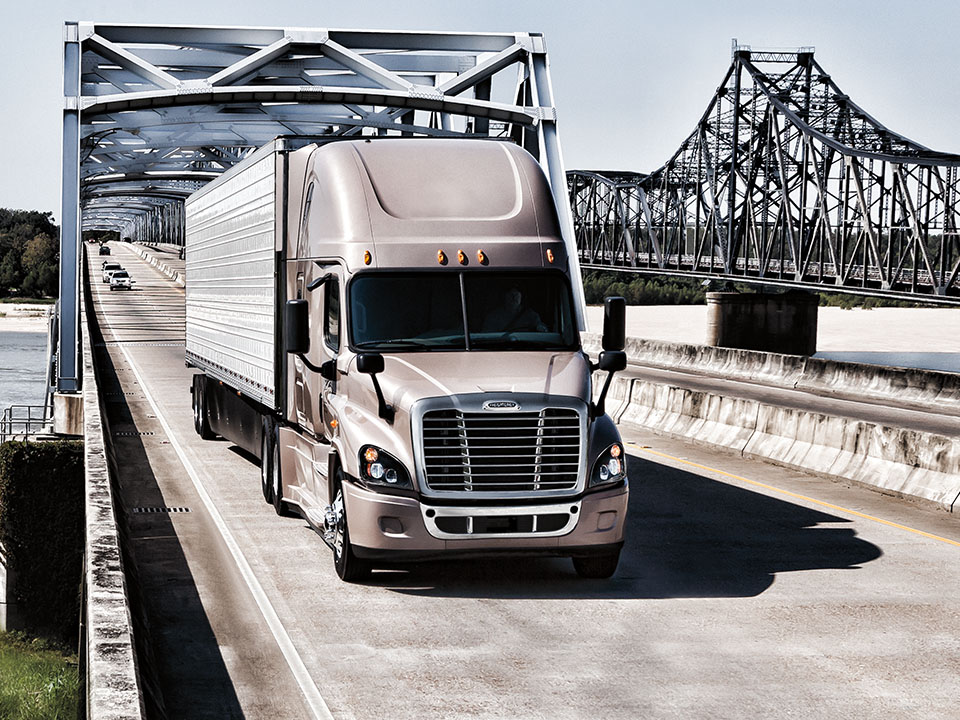Technology has changed everyone’s expectations and that has made it increasingly a challenge for those who deliver the goods.
Last week, I wrote an IdeaXchange blog on the need to train technicians for today’s trucks, specifically due to the complicated technology. That technology includes electric vehicles, hybrids, fuel cells, CNG/LNG and, in the long run, autonomous vehicles. In that blog, I cited Joe Puff, NationaLease’s vice president of truck technology and maintenance, who spoke about the need for fleets to “grow” their own tech staff, which includes better and ongoing training as well as reviewing hiring criteria.
This week, my IdeaXchange blog focuses on some tools to fix the technician shortage. Greg Settle, director of national alliances at TechForce Foundation, a non-profit organization focused on championing and aiding aspiring transportation technicians, spoke at a NationaLease meeting and made clear how vital it is to convince parents to communicate to their 13- to 18-year-olds the value of a career in our industry, especially when those young adults are hands-on, mechanically inclined, do-it-yourselfers.
Both of these blogs, as well as articles and blogs written by myself and others, acknowledge that this shortage is bad and getting worse. Knowing why won’t necessarily solve the problem, but it is always helpful to know why a situation is occurring.
Technology has not only changed the machines we use and work with … technology has also changed expectations. In the past, if you ordered something from a supplier, you expected to wait for delivery within a specified but reasonable time. E-commerce and the need to one-up competition has led to shorter and shorter delivery cycles … the “last mile” delivery that every business wants to offer. That means that every truck in the fleet needs to be road-ready and in compliance. Downtime needs to be as short a time as possible while still doing the right job.
This expectation of immediate gratification may have started with the B2C sector, but it now is a part of B2B as well. Amazon and others have made it difficult to explain to customers why they may have to wait for parts or supplies. This will cause the technician shortage to be felt even more sharply since not everything will ever be able to be delivered by a drone. And this means that fleets will need to constantly find new ways to recruit and retain technicians. If you have a fleet that takes care of its own maintenance, you need to be aware that other companies are going to make better offers to get qualified technicians. Working through a third party maintenance provider will most certainly help, but even those providers need to constantly update and refresh their existing tech staff as well as the ways they try to find new technicians.
As technology continues to advance, the shortage of people with the appropriate skills will affect every aspect of every business of every industry. Diesel technicians may well be the canary in the coal mine. Make sure your fleet is doing everything possible to pull together the team you need to do the job, to do it well, and to do it quickly.





